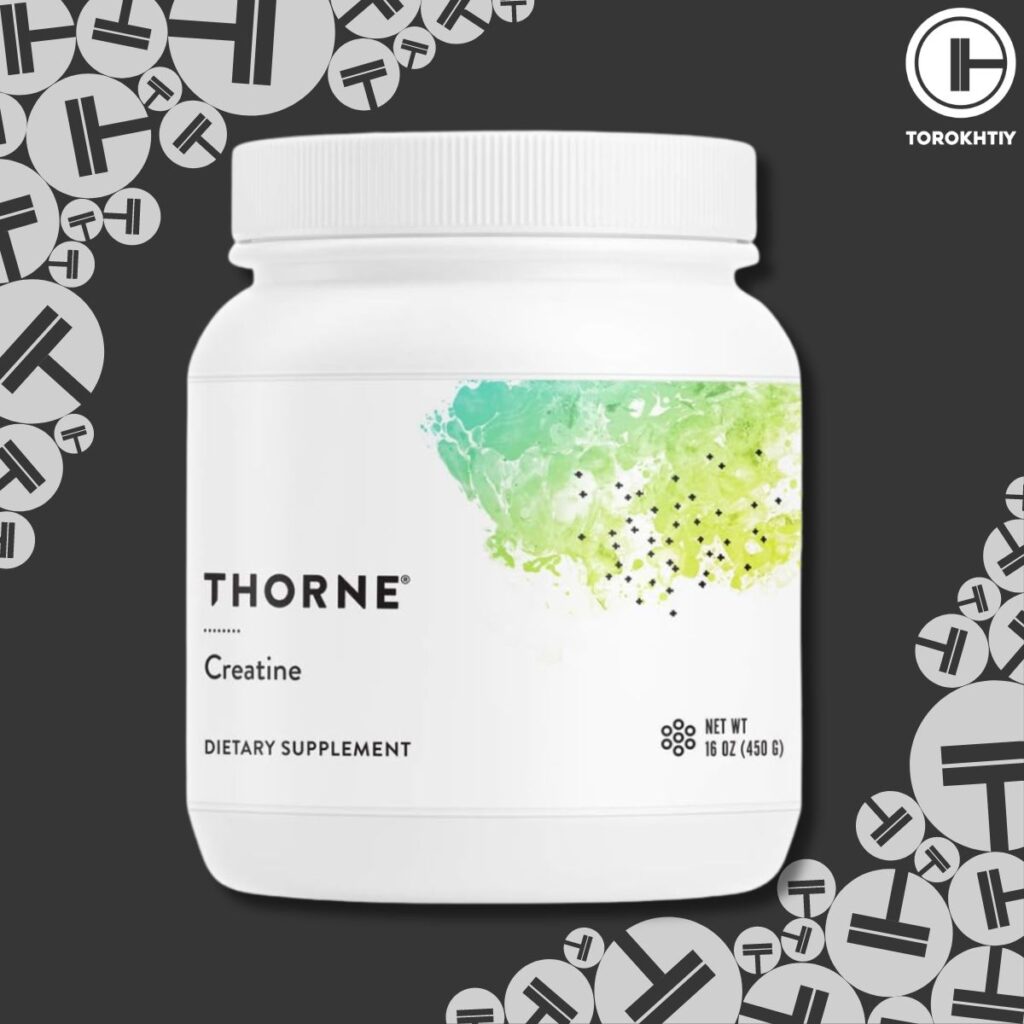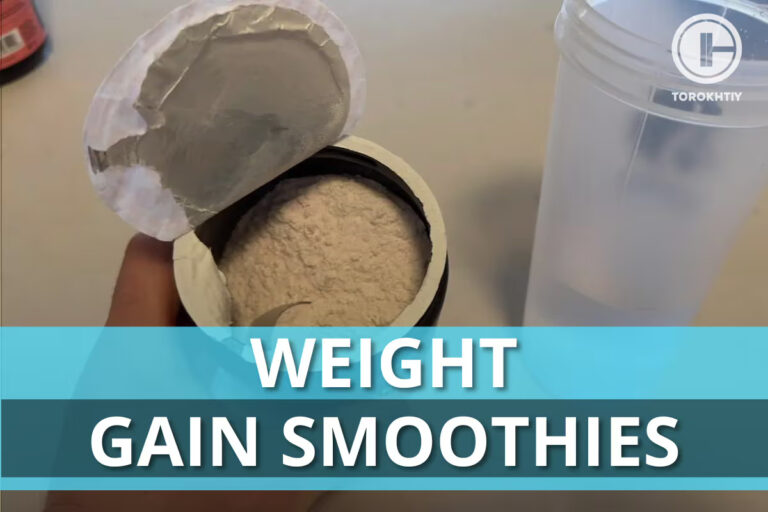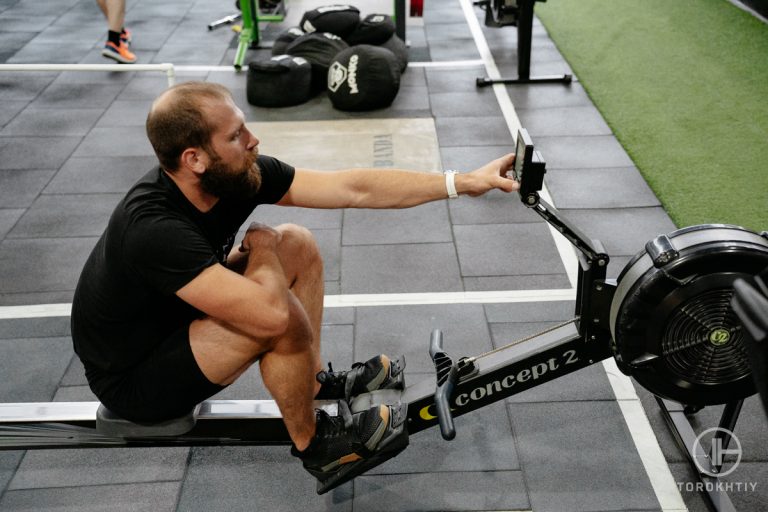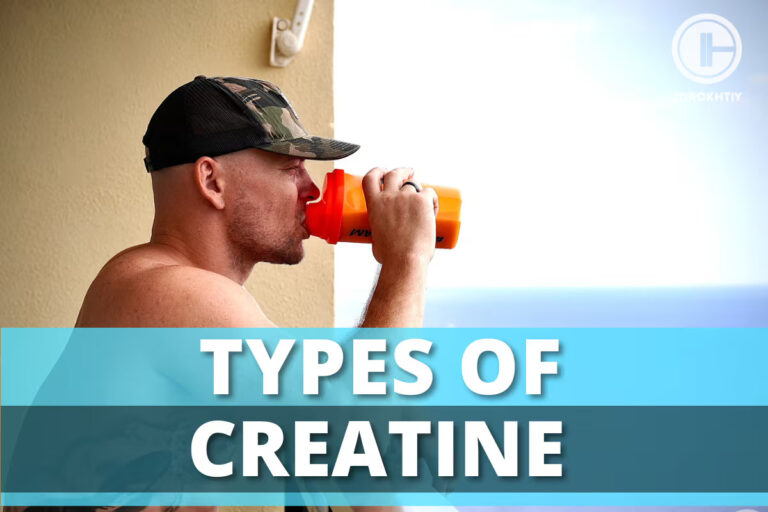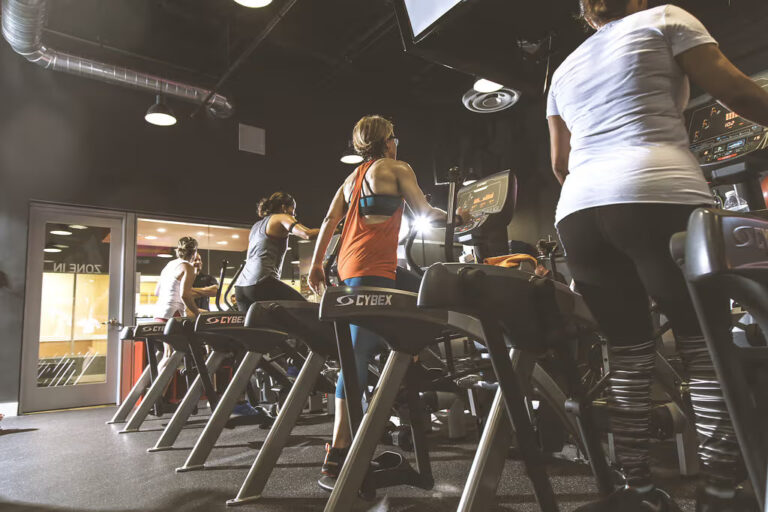Does Creatine Stunt Growth? Myth or Reality?
If you’re a teenager considering the use of creatine, you might be wondering, “Does creatine stunt growth?”
In this article, we’ll be doing a deep dive on the use of creatine for teenagers, and whether or not they should take it. In short, creatine appears to have benefits for practically everybody – including teenagers, as long as they’re careful with their use.
Does creatine stunt growth? When it comes to dietary creatine intake, it appears higher creatine intake is associated with more growth in adolescents. While there are limited studies on the safety of creatine supplementation in adolescents, there don’t appear to be any growth-stunting side effect.

Does Creatine Stunt Growth?
There is no current evidence that shows creatine negatively impacts growth in adolescents. Studies show that higher intake of dietary creatine is associated with higher rates of tall stature in adolescents.
But what about creatine supplementation? Although there is fairly little research surrounding the use of creatine supplements in teenagers, there is currently no evidence to suggest that supplemental creatine stunts growth or causes any negative effects. Creatine is generally regarded as safe in all age groups – from infants to the elderly.
So, does creatine help you grow taller? Overall, supplemented creatine will not affect your height one way or the other when you take it as a teenager.
Can Teenagers Use Creatine and Under What Conditions?
In general, we recommend most teenagers looking to build muscle focus on proper diet and training techniques before starting to use supplements. With this being said, creatine does appear to be generally safe and effective for teenagers.
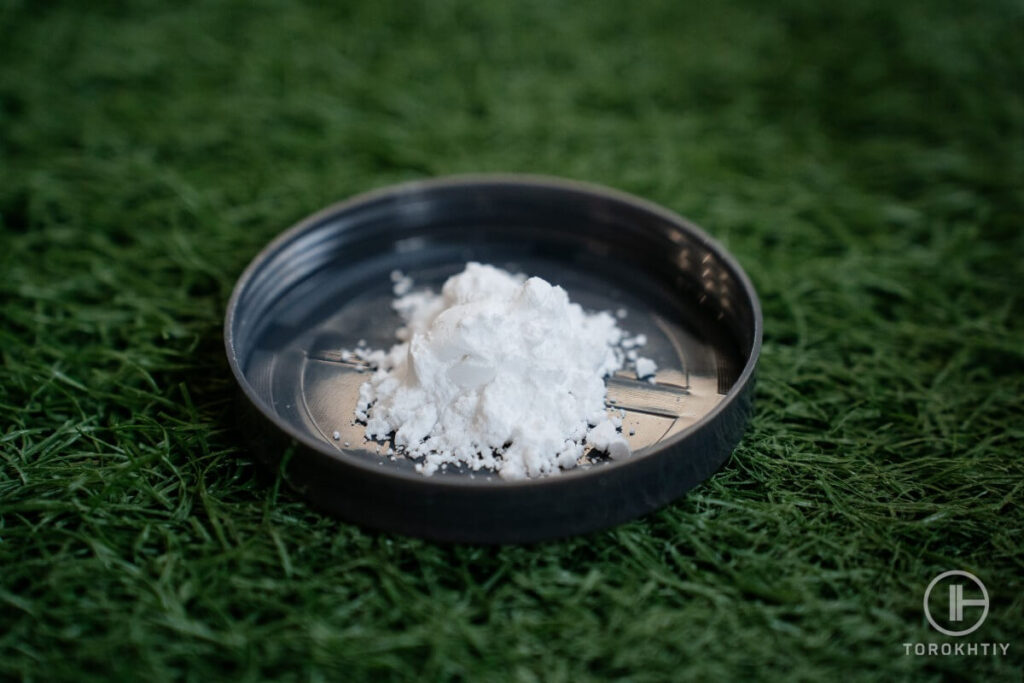
We still recommend following certain guidelines when using creatine, which we’ll be covering in more depth below.
1. Consider Creatine Only if you Are Engaged in Serious Supervised Training
First, if you’re not a competitive athlete, there’s no real need to take creatine as an adolescent. You can still make tons of progress without any supplements as long as you’re training properly and eating adequate protein (0.7-1g per pound of body weight a day).
However, creatine may give you a competitive edge if you compete in power sports like weightlifting, football, or wrestling, because of the boost it gives to high-intensity exercise performance. Consider talking with your coach about the use of creatine, and whether or not they think it would benefit your progress.
2. Use Creatine Only with the Approval of a Physician
If you’ve decided you want to try creatine, we also recommend booking an appointment with your doctor to discuss it. Certain people should avoid creatine, namely those with kidney or liver disease, as well as high blood pressure. Your doctor should be able to assess your health and let you know if it’s safe for you to use creatine.
3. Take the Lowest Effective Dose (3g)
The general recommended dose of creatine for adults is 3-5g a day. However, especially if you’re a teenager with a relatively low body weight, 3g should be sufficient to fully saturate your muscles within a couple of weeks. As a bonus, by using less creatine, you’ll get more value for your money!
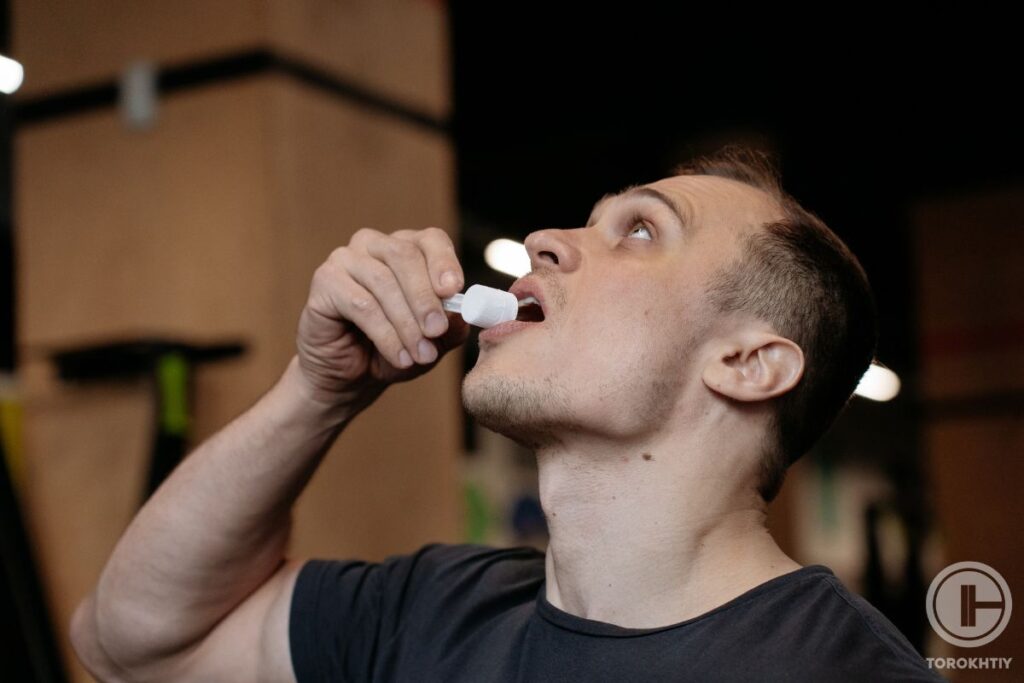
4. Use only Third-Party Tested Creatine
Finally, it’s important to choose a creatine that’s been tested by a recognized third party. This will ensure it doesn’t contain any potentially harmful contaminants, as well as ensuring it’s made with a high level of quality. This is especially important if you’re a competitive athlete, as third-party certifications typically ensure that a product is free of any banned substances as well.
Best Creatine for Teenagers
Thorne Creatine
- Flavor: Unflavored
- Unit Count: 16.0 Ounce
- Item Form: Powder
- Item Weight: 1 Pounds
- Diet Type: Gluten Free
- Product Benefits: Amino Acids Cognition & Focus Energy Sports Performance
- Recommended By Athletes: James Cook, Melissa Meyers
If you’re a teenager looking to take creatine, we recommend choosing a high-quality option that’s been third-party tested. In our opinion, your best bet is Thorne’s creatine supplement.
This is a simple supplement that contains 5g of Creatine Monohydrate per serving with no other ingredients. While monohydrate is the best form of creatine available, as mentioned above, you may be better off taking a slightly smaller serving of 3g a day.
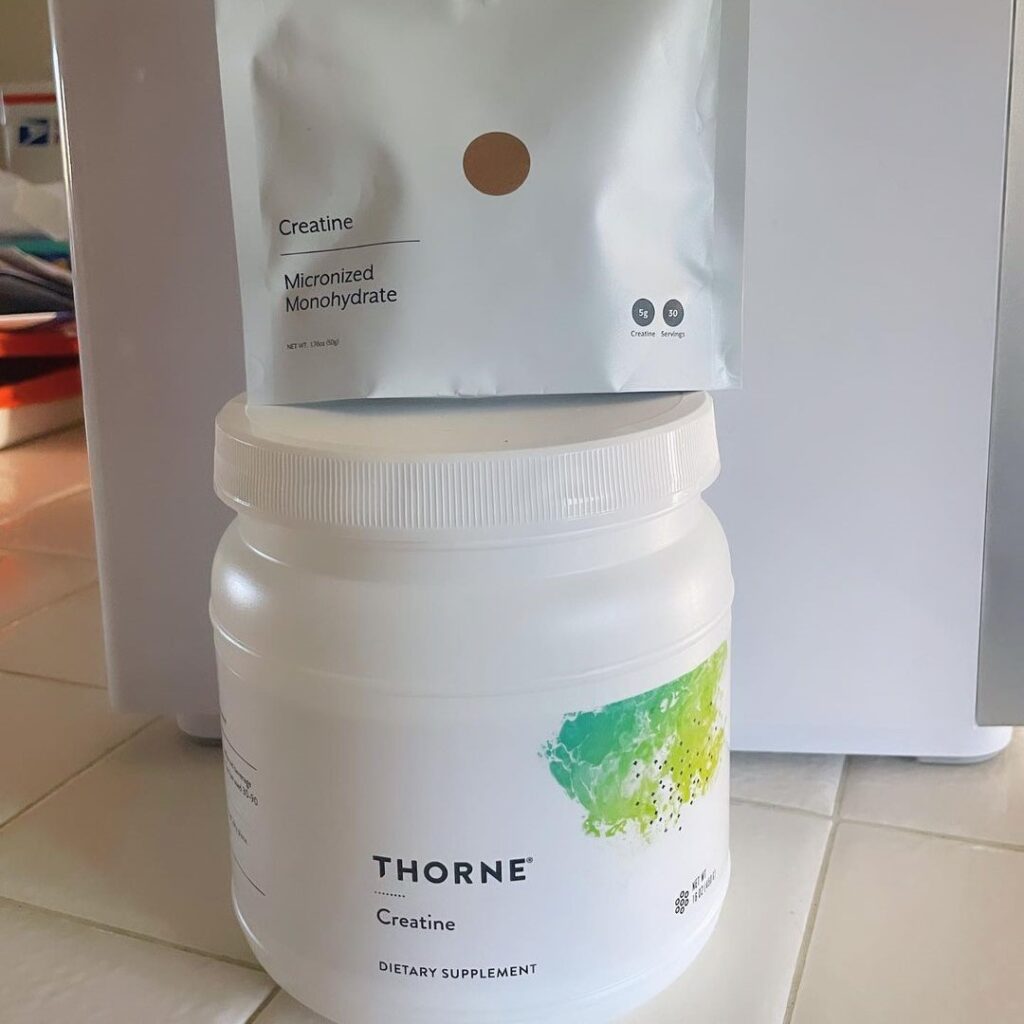
This product is also NSF Certified for Sport, making it an excellent choice for any competitive athletes who may be subject to testing for banned substances. This is also generally a good option for anybody concerned about potential contaminants found in supplements.
Each 5g serving of this supplement will cost you about $0.44, with 90 total servings per package. However, if you’re only taking 3g a day, this package will last you significantly longer, and be cheaper per serving as well.
FAQ
Does Creatine Reduce Growth?
No, there is evidence that shows higher dietary intake of creatine is correlated with greater height. While there is limited research on the effects of creatine supplementation on teenagers, there is no current evidence to show that creatine supplementation in teenagers stunts growth whatsoever.
Can a 14-Year-Old Take Creatine?
In general, creatine should be generally safe for a completely healthy 14-year-old. However, certain conditions such as kidney disease, liver disease, and high blood pressure make creatine supplementation more dangerous. As a result, we recommend consulting with a doctor before use.
Also, we recommend teenage athletes focus on diet and proper technique instead of relying on supplements. In general, unless you want to use creatine for competitive sports, there’s no need to take creatine as a teenager.
Does Creatine Affect Height Growth?
There is some evidence to suggest high dietary creatine intake is associated with higher rates of tall stature. However, there are no studies available that show similar results caused by creatine supplementation. While there is no evidence to suggest that creatine supplementation stunts growth, there’s no reason to believe creatine supplementation will positively affect the height of teenagers either.
Conclusion
There is currently no evidence to suggest that creatine will stunt growth in adolescents. It generally appears to be safe for teenagers to use, although we still recommend prioritizing diet and technique over supplements as a teen.
With this being said, if you’re interested in using creatine as a teenager, we recommend choosing a high-quality, third-party-tested product. This is why our top pick for teen-friendly creatine is Thorne, which has an NSF for sport certification.
Are you a teenager looking to start using creatine? Have you ever used creatine before? Let us know your thoughts in the comments below!
Also read:
- Does Creatine Have Calories
- Does Creatine Give You Energy
- Does Creatine Have Caffeine
- Best Creatine Gummies
- Does Creatine Help With Recovery
- Does Creatine Dissolve in Water
- Transparent Labs Creatine Hmb Review
- Bulk Supplements Creatine Review
References:
- David C. Nieman, et. al “Relationship between Dietary Creatine and Growth Indicators in Children and Adolescents Aged 2–19 Years: A Cross-Sectional Study” Nutrients. Mar; 13(3): 1027. (2021).
- Andrew R. Jagim, et. al, Safety of Creatine Supplementation in Active Adolescents and Youth: A Brief Review,” Front Nutr.; 5: 115.(2018)
- Richard B. Kreider, et. al, “International Society of Sports Nutrition position stand: safety and efficacy of creatine supplementation in exercise, sport, and medicine” Journal of the International Society of Sports Nutrition, 14:1 (2017)
- Everson A. Nunes, et. al, “Systematic review and meta-analysis of protein intake to support muscle mass and function in healthy adults,” Journal of Cachexia, Sarcopenia and Muscle, 13, 795–810, (2022).
- Mount Sinai “Creatine” Mountsinai.org, https://www.mountsinai.org/health-library/supplement/creatine#:~:text=Rhabdomyolysis%20 (Accessed Jan. 22, 2024)
Why Trust Us?
With over 20 years in Olympic Weightlifting, our team does its best to provide the audience with ultimate support and meet the needs and requirements of advanced athletes and professional lifters, as well as people who strive to open new opportunities and develop their physical capabilities with us.
By trusting the recommendations of our certified experts in coaching, nutrition, dietology, and sports training programming, as well as scientific consultants, and physiotherapists, we provide you with thorough, well-considered, and scientifically proven content. All the information given in the articles concerning workout programming, separate exercises, and athletic performance, in general, is based on verified data. We ensure that you can rely on our professionals’ pieces of advice and recommendations that can be treated as personalized ones which will benefit you and fully meet your needs.
The product testing process is described in more detail here
Camila has worked as a Nutritionist for 7 years. In addition to being a nutritionist, she is an amateur weightlifting athlete for 2 years. Camila has experience at Flamengo’s football base and in a food supplement company and currently provides services at a clinic. At the moment she is coursing a postgraduate study in Sports Nutrition.

